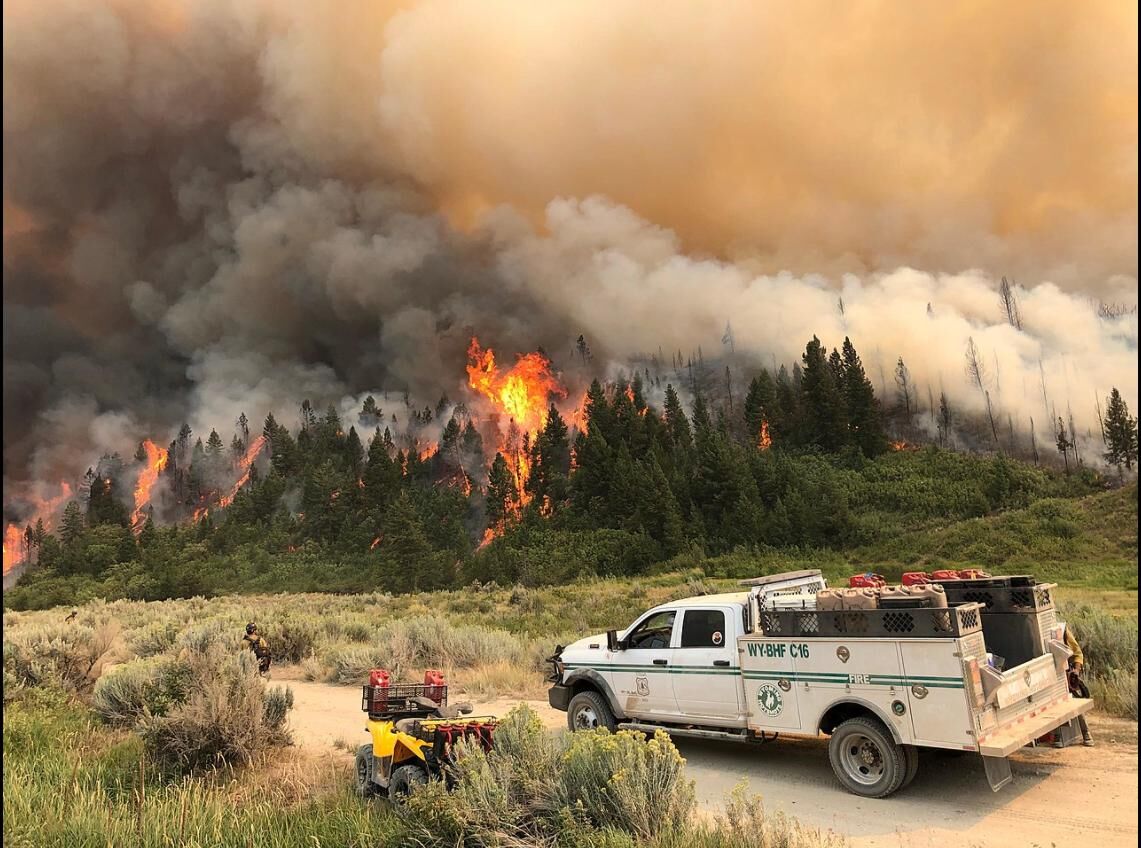Lawmakers seek fee on insurers to fight fires
Colorado state lawmakers are set to consider a proposal to inject funds into efforts to mitigate natural disasters by charging insurance companies a fee on certain policies they offer.
The plan from Reps. Lisa Cutter, D-Littleton, and Matt Gray, D-Broomfield, and Sens. Faith Winter, D-Westminster, and Kevin Priola, R-Henderson, would create an enterprise that would award grants to local governments in Colorado to fund natural disaster mitigation efforts.
“Colorado has been ravaged by changing climate conditions,” Winter told Colorado Politics in an interview, referencing the 2020 wildfire season and 2012 drought. “Our local governments are at the front line of protecting their communities and their businesses and their economies from the impacts of climate change and so we need to be creative and find ways for us to address those needs and this is one of the ways to do that.”
Though the bill does not yet have a published fiscal note, Winter and Priola estimated the enterprise would raise some $5 million per year — plus and additional federal drawdown Priola pegged at around three times that amount — by charging a $1.25 fee on every $1,000 in insurance premiums collected on a range of policies, including:
-
Fire
-
Allied lines.
-
Private crop and flood.
-
Multiple peril farmers, homeowners, commercial and crop.
-
Earthquake.
-
Private passenger auto physical damage.
-
Aircraft.
-
Boiler and machinery.
That amount would keep the new enterprise well clear of the threshold created by 2020 Proposition 117 of $100 million over five years that would make the new fees subject to the Taxpayer Bill of Rights and a statewide vote. But while the revenue generated by the bill would fit cleanly under Prop 117’s upper limit, Jon Caldara of the Independence Institute told Colorado Politics he feels the bill goes against the spirit of the ballot measure approved by voters last fall.
“If it really is a great idea, which I doubt it is, then people should vote for it and raise their insurance rates,” he said. “But that’s not what legislators going to do because they hate consent.”
Priola countered that simply wasn’t true.
“One of my early votes as a young voter was for TABOR and TABOR gives us flexibility to have enterprises and levy fees where there’s a direct nexus to the enterprise and I think this proposal fits it to a T,” he said.
Beyond the financial wrangling though, Priola said he felt the bill addressed a pressing need and had seen “a palpable shift in people’s thoughts and perceptions” while meeting voters in his district last fall.
“When I had ash falling on the papers I was carrying — I never in my lifetime would have suspected having needles from trees that were ash falling on me while I was walking around Adams County,” he said. “That’s how real it is, not just to me, but to the voters and in my Senate district.”
For her part, Winter noted wildfire mitigation efforts in 2020 alone racked up costs of around $285 million, a sum she said didn’t even begin to consider the economic and air quality impact or water restoration needed in the aftermath of the fires. The $5 million that would be generated by the proposal, she said, represented a starting point.
“It’s a start and as with any bill we’ll assess the success of the program and see the impact and make future decisions about it.”





